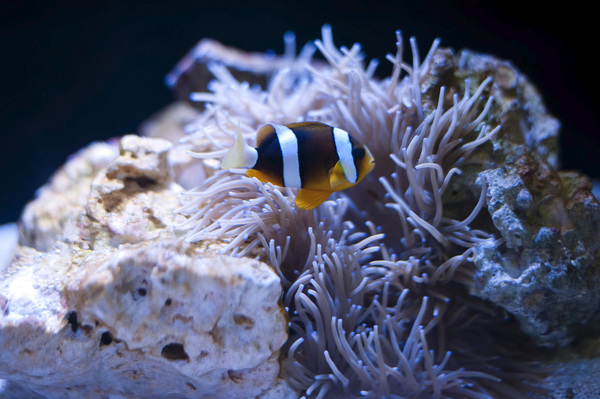The effects of stress on the bacterial community associated with the sea anemone Diadumene lineata
(1) Jefferson County International Baccalaureate School, Birmingham, Alabama, (2) Department of Biology, University of Alabama at Birmingham, Birmingham, Alabama
https://doi.org/10.59720/20-074
The bacteria found on and inside animals can play important roles in the health and function of the host individual. However, the factors that control which species colonize a host are complex. In this study, we investigated the effect of environmental stress on the composition of the bacterial community associated with the sea anemone Diadumene lineata. We grew anemones in both normal and stressful conditions and then cultured bacteria from each individual anemone and its mucus separately on R-2A agar. We found that anemones grown in normal conditions had microbiomes that were distinct from the surrounding seawater, but that the community of bacteria found on stressed anemones was more similar to that found in the seawater. Interestingly, D. lineata produces a thick mucous covering when stressed, which may play a role in controlling the microbial community during stressful conditions. We found that the mucus had a distinct community of bacteria with very few taxa present. These results were consistent with findings from corals and other sea anemones that suggested that stressed hosts are less able to control the microbes that colonize their surfaces and that mucus may have antimicrobial properties that influence microbial community assembly. The findings of this study support the use of sea anemones for further investigation of the complex interaction among hosts, microbes, and their environments. Our study also highlights the need to investigate sea anemone mucus further, both as an ecologically important substance and as a potential source for novel pharmaceutical compounds.
This article has been tagged with: